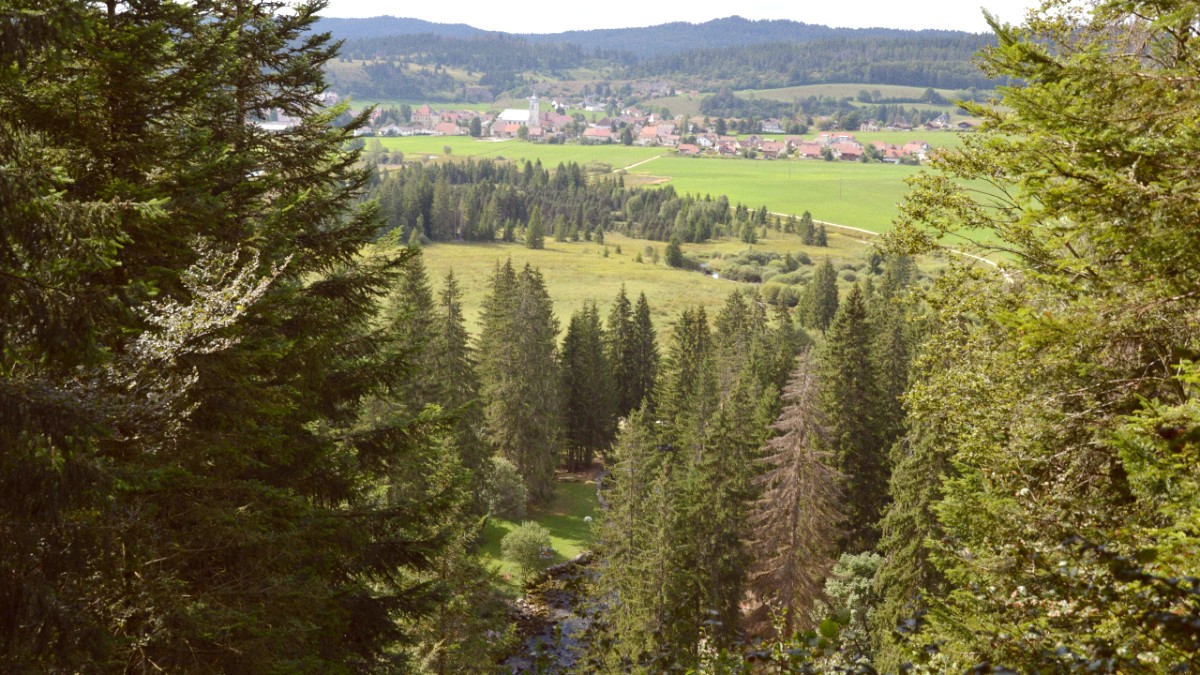
The Jura, France
The Parc Naturel Régional du Haut-Jura prioritizes biodiversity conservation.
France has established recycling systems for glass, paper/cardboard, and plastics. Use clearly marked recycling bins ("tri sélectif") in public spaces and at your accommodation.
Practice water conservation. Tap water in Besançon is safe to drink; a Reusable water bottle diminishes reliance on single-use plastic bottles.
Support local artisans, museums, and cultural institutions that uphold Besançon's unique heritage.
A few basic French phrases go a long way. Patience and courtesy are always welcomed.
Respect privacy and local guidelines when taking photographs.
Dress modestly and act respectfully within religious sites.
Look for hotels or gîtes with eco-certifications like "Green " or the European "Ecolabel" for your stay.
Find Eco Stays on EcobnbSelect tour operators that prioritize responsible tourism practices, focusing on low-impact activities and local engagement.
Explore G AdventuresConscious choices regarding your interactions and environmental footprint contribute to a more enriching and sustainable journey.
Your travel choices hold a direct economic impact on Besançon. Supporting local communities directly benefits residents.
Seek out and support initiatives that directly involve and benefit local communities in Besançon.
Prioritize purchasing goods and services directly from local providers over large international chains.
Awareness of activities that might exploit animals or local communities is important.
If charitable support is your intent, research reputable local charities or community projects.
Every traveler choice impacts the destination.
Opt for train travel over domestic flights within France when feasible. Trains often have a lower carbon footprint.
Contribute to environmental projects through carbon offset programs with airlines or travel agencies, such as Terrapass.
Choose locally sourced food and reduce food waste to support local agriculture and reduce environmental strain.
Avoid any engagement with activities that appear exploitative or harmful to the natural environment or local population.
Conscious travel decisions contribute to the well-being of local communities and the preservation of the destination's natural beauty.